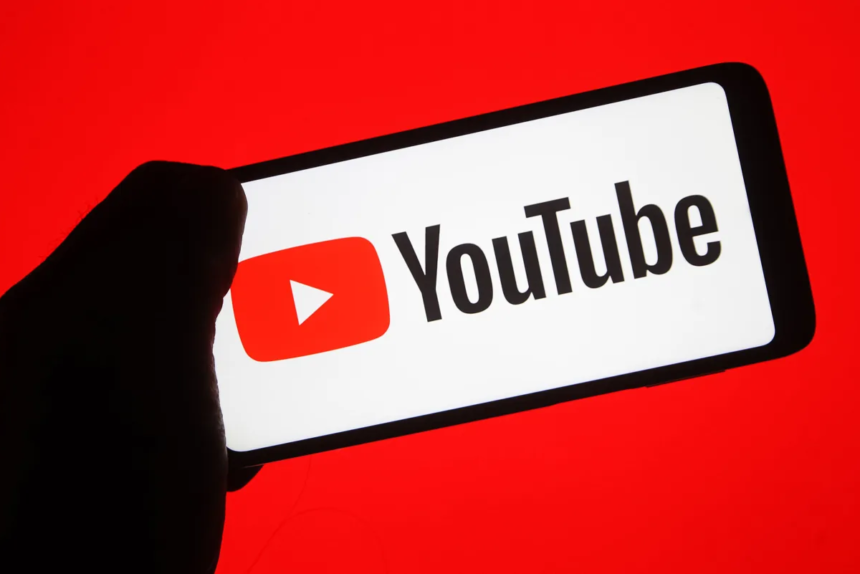YouTube taps hospitals to create videos to help people witnessing an overdose or heart attack

10.01.2024
YouTube is taking proactive measures to combat medical misinformation, particularly in situations where users may seek immediate guidance during emergencies. The company recently unveiled a feature called “First Aid Information Shelves,” comprising a library of step-by-step videos demonstrating how to respond to critical incidents like drug overdoses, heart attacks, and other life-threatening events.
These videos, sourced from accredited health organizations such as Mass General Brigham, will be prominently displayed at the top of relevant search results to enhance discoverability. In the United States, YouTube users can access videos covering 12 essential topics, including CPR, seizures, choking, bleeding, and psychosis. The majority of these videos are concise, lasting only a minute or two.
Garth Graham, YouTube’s Global Head of Health Care and Public Health, emphasized the importance of timely and concise information dissemination. He highlighted the imperative to immediately call first responders in emergency situations. Notably, these instructional videos will be ad-free, ensuring that Google-owned YouTube does not generate revenue from them.
Content creation for these videos was entrusted to experts from health organizations, including Mass General Brigham, the Mexican Red Cross, and the American Heart Association, partnering with YouTube. The move is part of YouTube’s broader initiative to address content moderation challenges, particularly concerning medical misinformation. The company faced criticism during the COVID-19 pandemic for its role in disseminating inaccurate information about vaccines and masks.
In response, YouTube implemented measures such as labeling videos and promoting credible sources. High-profile anti-vaxxer accounts were banned, and over 130,000 videos were removed for violating COVID-19 policies. Despite the pandemic waning, medical misinformation remains a concern, as evidenced by a recent study revealing misleading information and commercial bias in popular YouTube videos about insomnia and sleep.
In August, YouTube introduced a new framework to combat medical misinformation, outlining its commitment to removing content contradicting established health guidance on topics like cancer, COVID-19, and reproductive health. This ongoing effort reflects YouTube’s dedication to providing accurate and reliable health information to its users.